Humans
-
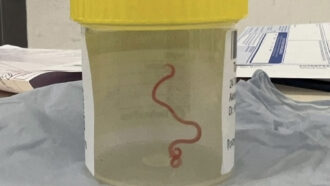 Health & Medicine
Health & MedicineDoctors found a snake parasite in a woman’s brain — still alive
This worm typically infects pythons. Though this is its first known infection in humans, other types of worms also can infect the human brain.
By Meghan Rosen -
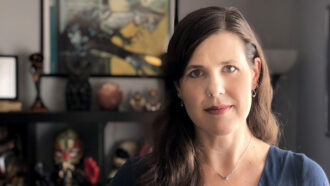 Psychology
PsychologyThis scientist knows how to frighten you
Margee Kerr studies how and why people seek out frightening situations. She aims to use fear to help people lead happier and more empowered lives.
-
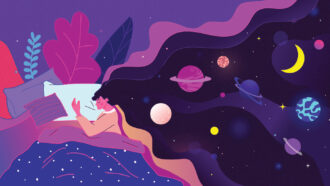 Brain
Brain‘Lucid’ dreamers could solve mysteries about sleeping minds
People who know they’re asleep while dreaming could help study how sleeping minds create elaborate alternate realities.
-
 Tech
TechNew tech 3-D prints ouchless COVID-19 vaccine patches
A new compact 3-D printer can produce COVID-19 vaccine patches. These are less painful than the jab and can be stored more easily than liquid vaccines.
-
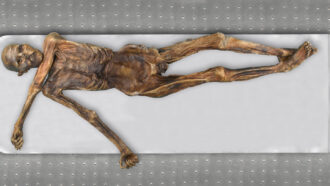 Archaeology
ArchaeologyÖtzi the Iceman’s DNA reveals his looks and ancestry
A reanalysis of the ancient guy’s genes shows he was balding and had dark skin. He also had an unusual amount of early farmer ancestry.
-
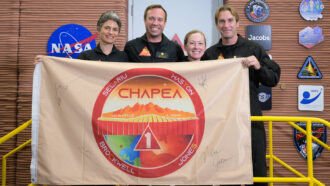 Space
SpaceFour researchers on Earth are spending a year on ‘Mars’
A crew of four entered Mars Dune Alpha in Houston, Texas. They will remain isolated inside for a year, living and working as if on the Red Planet.
By Payal Dhar -
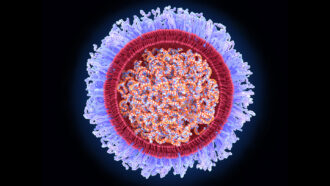 Health & Medicine
Health & MedicineRNA work that led to COVID-19 vaccines wins 2023 Nobel in medicine
Katalin Karikó and Drew Weissman overcame hurdles to using mRNA for medicine. This led to COVID vaccines — and maybe, one day, some for other infections.
-
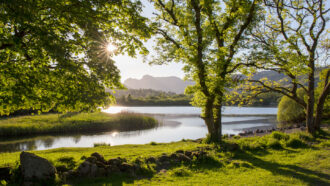 Psychology
PsychologySpending time in green spaces can provide big health benefits
Walking through a park or playing in a yard can make you feel better, both mentally and physically. Here’s how — and evidence it works for people at any age.
-
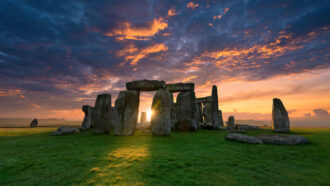 Archaeology
ArchaeologyLet’s learn about Stonehenge
Questions remain about exactly who built Stonehenge and why. But some details are known about the site’s origins.
-
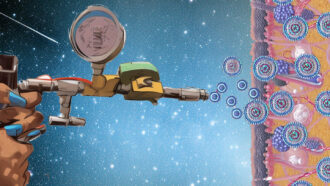 Tech
TechA puff of air could deliver vaccines needle-free
A new Nerf gun-like device may make injections safer, faster and easier.
-
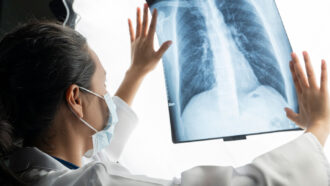 Physics
PhysicsScientists Say: X-ray
X-rays are a type of light that doctors use to image the inside of the body. Astronomers use X-rays to explore the cosmos.
-
 Tech
TechCould Star Trek replicators exist?
Experts break down what’s possible and what’s not for this classic science-fiction invention.